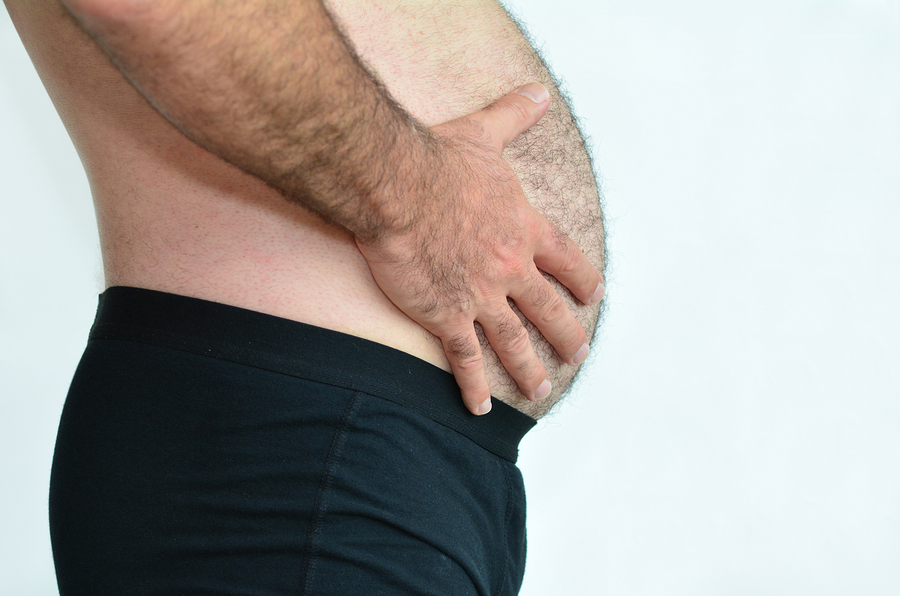- Make It Yourself Lavender Heart-Shaped Bath Bombs!
- 20 Things You Never Knew About “Down There”
- 12 Best Foods For Those Suffering From Arthritis Pain
- 12 Personal Hygiene Mistakes Almost Everyone Makes (Mom Never Told You About #4!)
- 15 Medicinal Plants And Herbs From The Cherokee People
- 12 Mind-Blowing Benefits Of Drinking Coconut Water During Pregnancy
- 12 Outstanding Winter Foods That Won’t Fatten You Up Like A Christmas Turkey
This Is How Hormones Are Responsible For Your Weight
5. Estrogen
Estrogen is a hormone whose levels in the female body vary depending on where she is in her menstrual cycle. It is responsible for the cravings and increase in appetite many women get just before and during menstruation. Estrogen also makes women store fat more in the subcutaneous areas (fat just under the skin and in the arms and legs), versus the deep belly fat in the middle of the body. The hormone may have a different impact on deep abdominal fat, either not impacting it at all or speeding its release. This may be one reason why menopausal women who have lost the influence of estrogen see their fat distribution switch to the belly. Basically, a normal level of estrogen will actually keep you lean and help you in your weight loss journey. But how to bring your levels down to normal? Well, a good first place to start would be with alcohol. When alcohol is metabolised by the liver, the process actually creates a boost of estrogen in the body, which is exactly what you don’t want when trying to lose weight. By cutting meat out of your diet, preferably all together, you’ll go a long way to reducing the estrogen in your body. This is primarily because meat contains a type of fat with its own estrogen problem. Conventionally raised farm animals are overloaded with steroids, antibiotics, and toxins from their feed and the way they’ve been raised. When you eat them, those substances are released into your system. They can behave like estrogen in the body adding to your overload.
6. Testosterone
Testosterone on the other hand is the well-known male hormone, although its also very much present in the female body where it works in exactly the same way, and it definitely has an influence in weight loss. Testosterone helps build muscle, which ramps up your insulin sensitivity, maintains metabolic health, and delivers all kinds of other important benefits. Having low levels of testosterone may contribute to insulin resistance, the metabolic inability to handle carbs, meaning that any carbohydrates you do eat will quickly be turned into fat tissue, the opposite of what you’re aiming for. Lower testosterone levels are also associated with other aspects of metabolic syndrome. But here’s the catch: Weight loss lowers the levels of testosterone in the body. The solution: Preserve lean mass while losing weight. The more of your muscle mass you keep, the less testosterone you’ll lose. You can do this by practising resistance training such as weightlifting while losing weight in order to maintain muscle mass and strength. You can also ensure that you’re eating the right amount of protein based on your activity levels and body goals, but don’t overdo it because that’s not good either.
READ ALSO: 10 Minute Total Body Workout For Weight Loss Video
So, there you have it. If before you thought that hormones were just chemical signals in your body that you had little or no control over, you were wrong! When properly controlled and maintained through a healthy diet and exercise, levels of different hormones as listed above can have various positive effects as a part of your weight loss journey. Time to start rethinking your plan to include and make use of your body’s natural components to help you shit those pounds!
References:


































